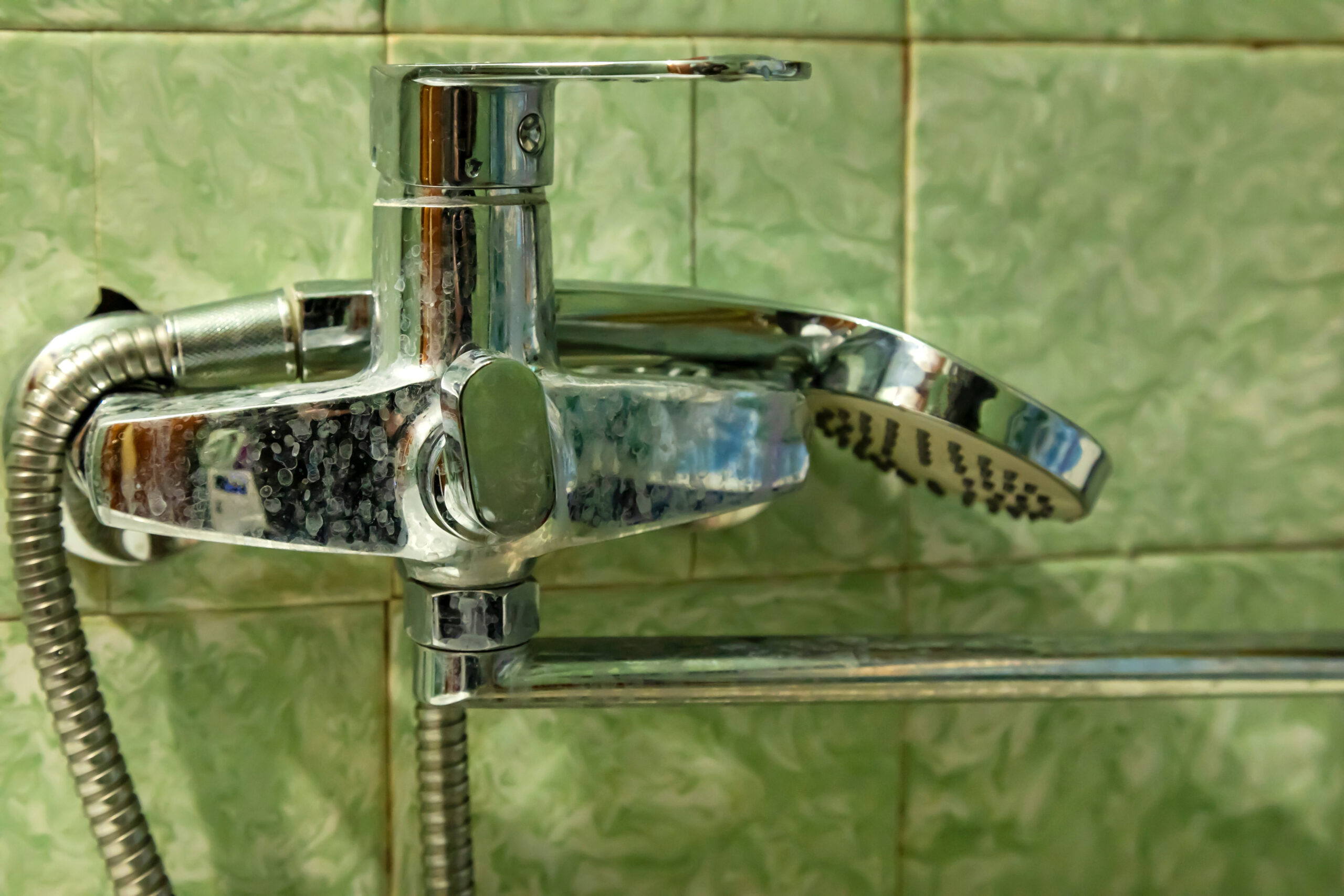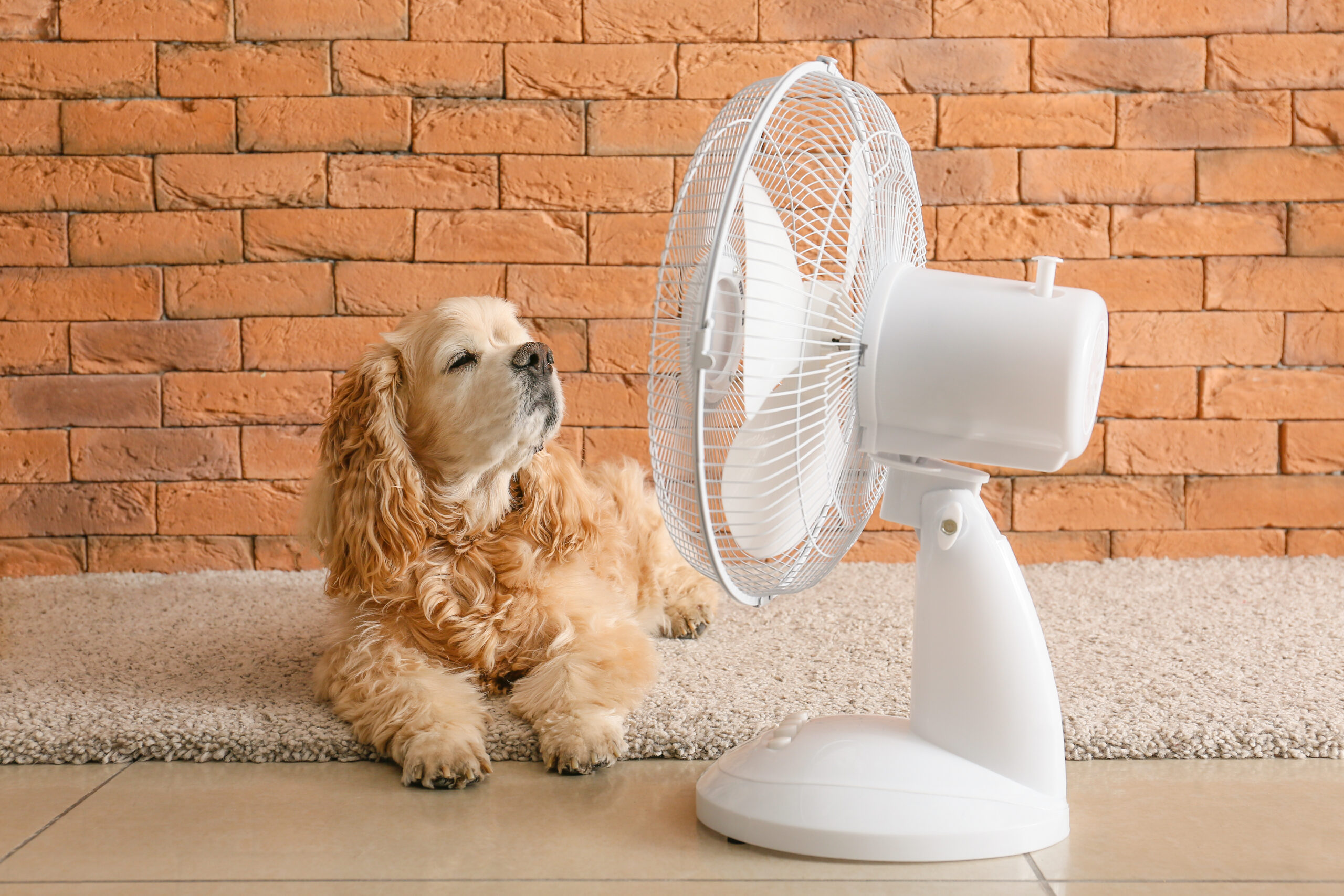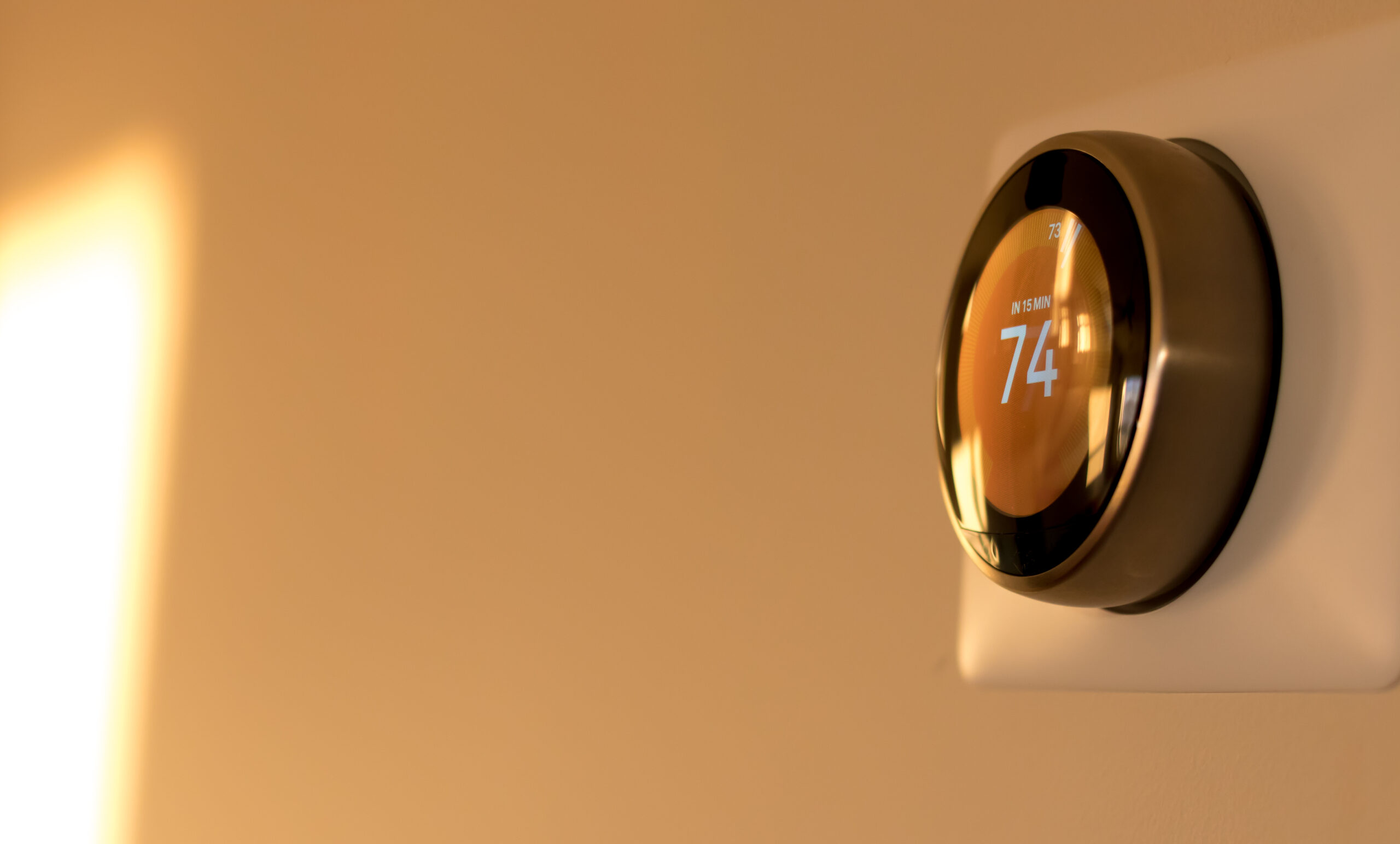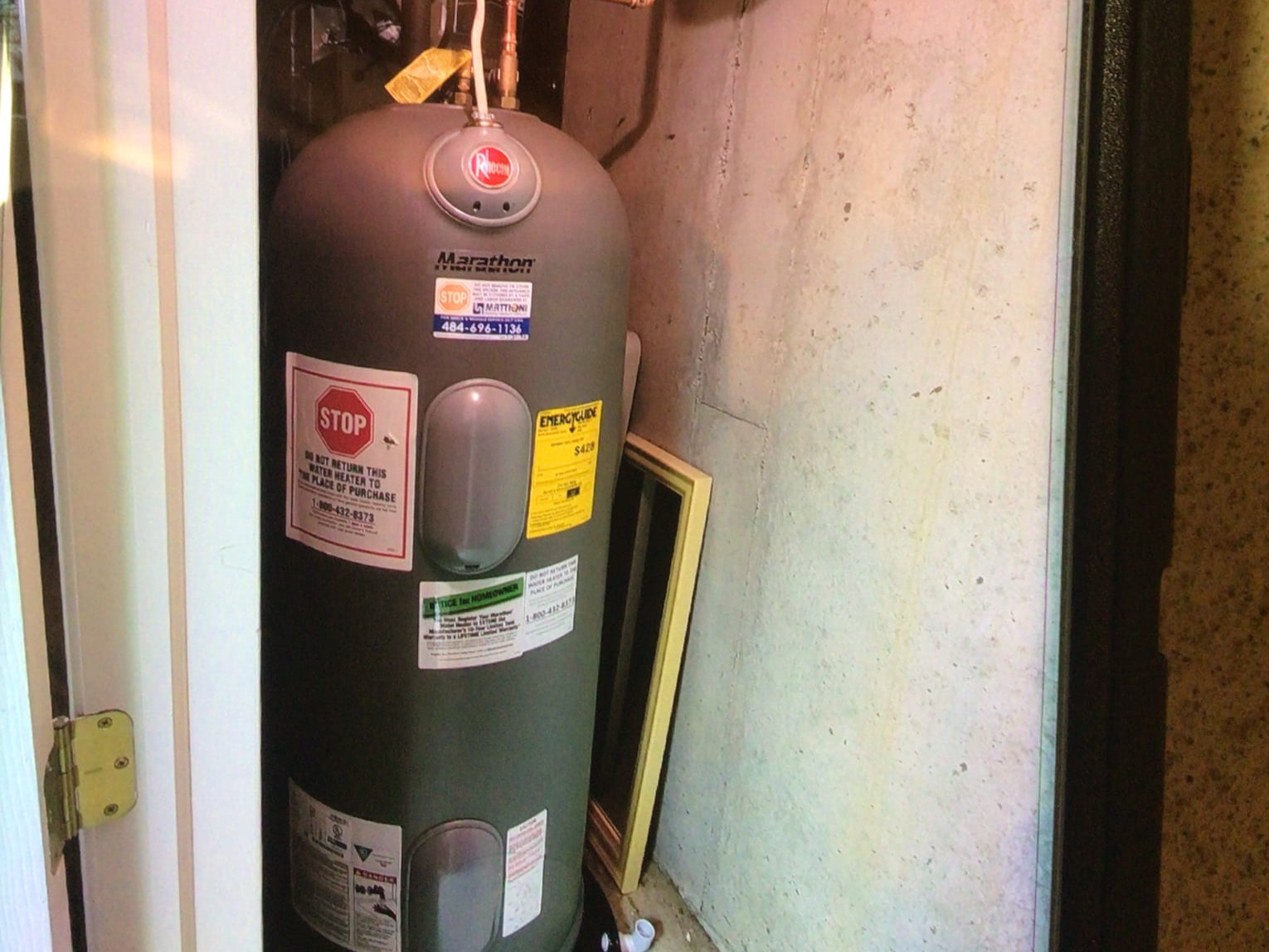|
Getting your Trinity Audio player ready...
|
Last Revised: 11/14/24
Do you step out of the shower only to feel your skin drying out instantly? Has your hair gone from feeling soft to brittle and rough?
The culprit might just be something called “hard” water.
Hard water, which affects millions of households, is filled with minerals that can quietly wreak havoc on your skin and hair.
From rough skin to lifeless hair, hard water will take a surprisingly big toll if left unchecked. Yet many people dealing with it don’t even realize their water quality might be the root cause of these problems.
So, if you’ve noticed discomfort after showering (or stubborn spots on your dishes), you’re in the right place.
The expert plumbers at Mattioni have decades of experience diagnosing water quality issues, so we know how hard water impacts not only our health, but our plumbing system and dishwashing quality too. We’re here to share what we know with you and anyone dealing with water quality issues in their home.
In this article, we’ll uncover all the ways hard water can relentlessly damage your skin and hair. We’ll share one simple way to test your water and introduce you to practical solutions that can make a difference in your daily routine.
What is Hard Water?
Have you ever had to battle against the water in a shower to create a lather of soap, and then battle again to get soapy residue off your skin?
Some people might’ve had this experience while at a vacation house, but many deal with it on an everyday basis. If you have hard water in your home’s water supply, it can be a seemingly inescapable daily experience.
Hard water has a high concentration of dissolved minerals, primarily calcium and magnesium, which are absorbed by the water supply as it moves through soil and rock. The hardness of your home’s water varies depending on your locality. While hard water is harmless to drink, it creates challenges when showering, within plumbing systems, and can damage our skin and hair.
Hard Water Damages Your Health, Hurts Your Plumbing, and More
The minerals in hard water do more than make your showers a headache – they impact everything they touch throughout your house.
In your plumbing infrastructure, you’ll find scale buildup in pipes that have been exposed to hard water for years. In your kitchen, your dishes will be left with spots regardless of if they were washed in the dishwasher or by hand. And your washing machine may even run into problems cleaning your laundry with hard water.
So, it shouldn’t come as a surprise that our skin and hair can experience damage that worsens over time as they’re exposed to hard water more frequently. If your home has hard water, you may be suffering from the following effects:

How Hard Water Damages Hair: 5 Key Ways
Prolonged exposure to hard water in the shower can have these long-lasting effects:
1. Dryness and Frizz
Hard water minerals build up on hair over time, leading to roughness and making it more prone to dryness and frizz. It prevents moisture from fully penetrating our hair follicles, which can eventually make our hair brittle and uncomfortable.
When this happens, we may be tempted to use more styling products to compensate, however, some cosmetic chemicals can further damage hair and exacerbate the problem.
2. Dullness
The mineral buildup on hair from hard water doesn’t just affect texture, it also impacts appearance. Calcium will coat each strand, leaving hair looking less vibrant.
Hard water also makes it more difficult to thoroughly rinse our hair, which can cause the formation of a buildup layer, further reducing its natural look. This buildup makes our hair look increasingly dull over time.
3. Increased Breakage
Prolonged exposure to hard water will lead to mineral buildup that will weaken individual hair strands and eventually cause more frequent split ends and breakage, especially for hair that’s already fine.
In severe cases of showering with hard water for years, hair can become fragile enough to snap or split when brushed or styled. Breakage can eventually leave hair looking uneven, thin or messy.
4. Scalp Issues
Hard water doesn’t only affect hair, it can also irritate the scalp, leading to dryness, itchiness, and flakes. Continued exposure has the potential to leave your scalp feeling tight and sensitive, potentially causing or exacerbating conditions like dandruff.
Some people may also experience inflammation after showering with hard water.
5. Color Fading
For those who dye their hair, hard water can cause colors to fade faster. The minerals in hard water cause the dyed color pigments to break down and wash out prematurely.
This fading effect is especially pronounced for vibrant or dark colors.
As you can see, hardness in your home’s water supply can severely affect not just the appearance of your hair, but also its health. If you have hard water in your home, don’t wait to experience things like split ends and scalp inflammation to address the problem.

5 Common Skin Issues Caused by Hard Water
1. Dryness and Irritation
Since hard water doesn’t rinse off as cleanly as soft water, it leaves behind a layer of residue on the skin. The effects of this are relatively insignificant if you only take a shower with hard water occasionally, like at a vacation home.
The health effects of frequent exposure, however, can include damage like dryness and irritation, resulting from a persistent layer of residue that interferes with your skin’s natural oils, leading to damage like dryness and irritation.
2. Clogged Pores and Breakouts
When the leftover minerals mix with soap, it creates a film that can cling to your skin and clogs pores. When this happens, it can trap oil, bacteria, and dead skin, which can contribute to breakouts, especially for those with sensitive or acne-prone skin.
Clogged pores can also make the skin look dull or uneven, as they prevent proper exfoliation and natural skin renewal.
3. Exacerbation of Skin Conditions
Hard water has been linked to worsening conditions like eczema, psoriasis, and dermatitis due to its drying and irritating effects on the skin barrier.
People with these pre-existing conditions could experience more intense flare-ups that cause itching and inflammation after showering with hard water. Managing these conditions becomes much more difficult, as new outbreaks occur and your skin becomes less responsive to treatments.
4. Premature Signs of Aging
The drying effects of hard water can contribute to rough skin, fine lines and wrinkles, as it strips away essential moisture over time. The cumulative impact, if left unaddressed for long enough, can make skin appear older than it is.
How to Test for Hard Water
To get a quick and accurate measurement of your water’s hardness, consider using test strips, a digital hardness meter, or contacting your local plumbing experts. Once you’re certain that you’re dealing with hard water, you may want to explore some solutions to the issue.
Hard Water Solutions: Understanding Water Softeners
If you already know you have hardness in your home’s water supply, here’s what you need to know.

Water Softeners
Water softeners use tiny beads that attract the hard minerals (calcium and magnesium) using an ion exchange process.
When water flows through a softener, these minerals attach to the beads which are pre-loaded with harmless sodium ions. The beads essentially facilitate the transfer of ions, resulting in the removal of calcium and magnesium from the water and the addition of sodium (which doesn’t cause any issues).
Once this happens, the water is now “soft” and all the symptoms of hard water will stop. With a water softener, things like split ends and dry skin can be reduced.
While water softeners need to be cleaned and restocked with salt routinely, they provide the most thorough solution for anyone dealing with hard water.
What Are Your Next Steps to Putting an End to Hard Water
Now that you understand the effects of hard water on your skin and hair, how to test your home’s water, and how to address it, you’re ready to take the next steps.
It’s time to speak with a professional plumber about all the benefits of a water softener and how it can serve you and your home. If your home’s hard water issues are relatively minor, ask if a water conditioner may be the better option.
The team of experts at Mattioni has helped countless homeowners keep their home’s water supply healthy, and we’re here for you too.
Acting now by installing a water softener can help protect your skin and hair, keeping them healthier, softer, and more vibrant. You’ll avoid problems ranging from cosmetic appearance struggles to long-lasting skin damage that can hasten the signs of aging.
Call our friendly staff at (610) 400-8510 for answers, or to schedule an appointment with one of our experienced plumbers, you can also book an appointment directly online.
Don’t put off addressing this crucial aspect of your household’s health any longer – call now.




